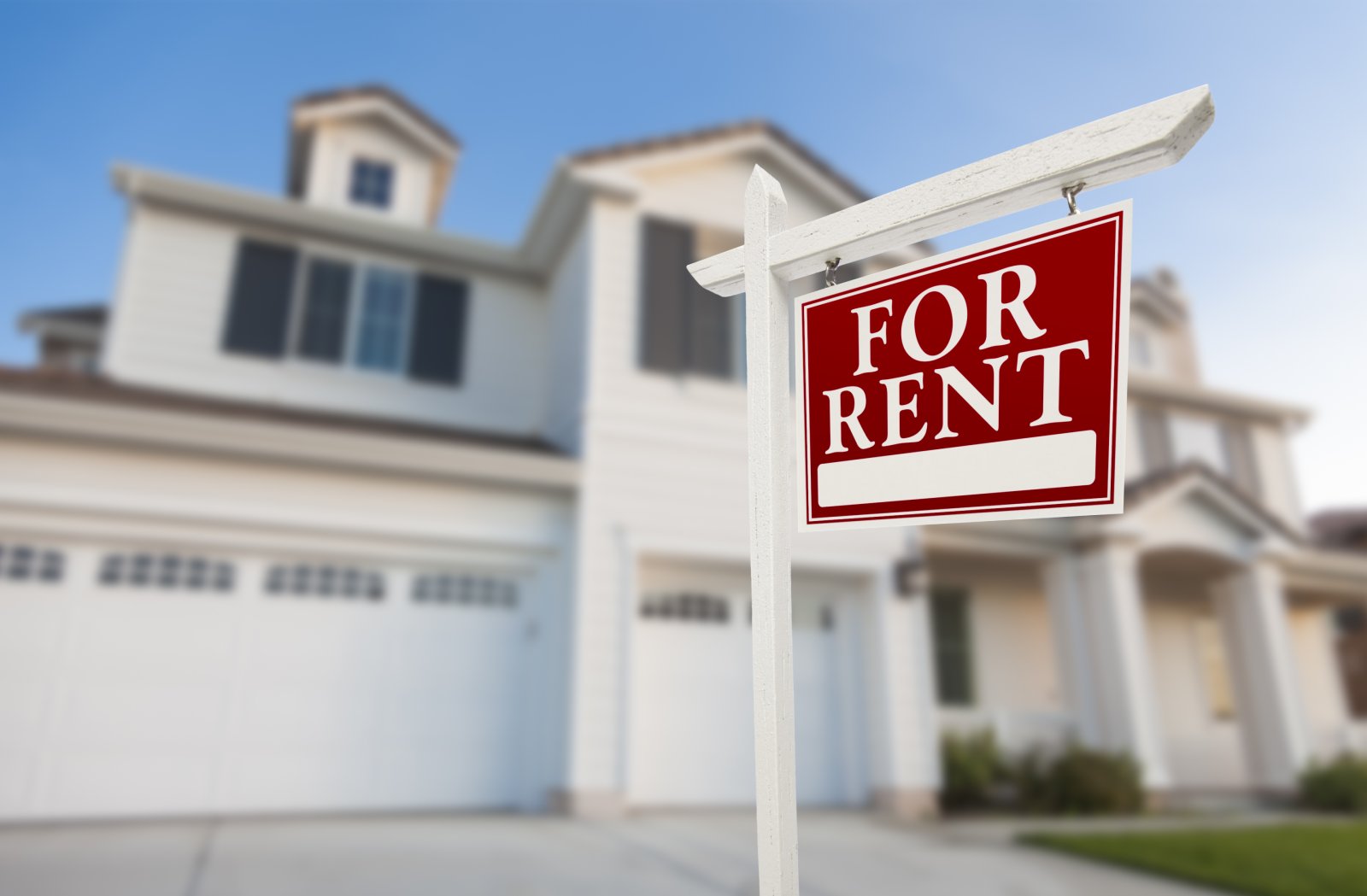When it comes to deciding whether to rent or buy a home, the financial and lifestyle implications are significant. Understanding these factors can help you make an informed decision that aligns with your personal and financial goals.
Renting a Home – The Numbers

Renting a home offers a straightforward monthly cost but does not contribute to equity. In 2024, the average rent in major U.S. cities ranges from $1,800 to $2,500 per month. Over ten years, this could add up to between $216,000 and $300,000, excluding potential rent increases.
Buying a Home – The Numbers

Buying a home, on the other hand, requires a substantial initial investment. The median home price in the U.S. is approximately $400,000. With a standard 20% down payment, this amounts to $80,000 upfront. Monthly mortgage payments for a 30-year fixed-rate mortgage at an average interest rate of 6.5% are about $2,500.
Renters vs. Owners

Renting provides flexibility, allowing you to move with relative ease. For example, if you’re frequently traveling for work or personal interests, renting can be advantageous as it avoids the complexities of selling a property. In contrast, owning a home offers stability and the ability to customize your living space. Homeownership can be particularly appealing if you value a permanent home base and the freedom to make modifications.
The Renting Scenario

A 2024 study by the Urban Institute highlights that renters often encounter fewer unexpected expenses compared to homeowners. Renters are not responsible for property taxes, which average $3,300 annually (Tax Foundation, 2024), or major repairs. This can significantly reduce financial stress, especially in areas where repair costs for issues like roof replacement can reach $8,000 (HomeAdvisor, 2024).
The Buying Scenario

Conversely, a report from the Federal Reserve Bank indicates that homeowners build equity over time, which can be a significant financial benefit. For instance, a home purchased for $350,000 in 2010 might appreciate to $600,000 by 2024, providing substantial return on investment if sold (Federal Reserve Bank, 2024). This appreciation can be a crucial factor in long-term wealth building.
Hidden Costs of Renting

Renters face potential rent increases that can strain their budgets. In some U.S. cities, rent has increased by up to 10% annually over the past few years (Zillow Rental Market Report, 2024). Additionally, renters may experience less control over their living environment, as they are dependent on landlords for maintenance, which can impact their quality of life.
Hidden Costs of Buying

Homeownership involves various hidden costs. Maintenance and repairs are significant, with average costs for essential repairs like HVAC systems around $5,000 (HomeAdvisor, 2024). Property taxes, which average $3,300 annually, and homeowner’s insurance, averaging $1,200 per year (Insurance Information Institute, 2024), also add to the financial burden.
Flexibility vs. Stability

Renters enjoy the flexibility to relocate based on job opportunities or personal preferences. This can be advantageous for those with dynamic lifestyles or frequent relocations. However, the lack of permanence can be challenging for families or individuals who prefer a stable living situation.
Maintenance and Upkeep

Owning a home means handling all maintenance and repairs. This responsibility can be substantial, especially for individuals who are not inclined towards DIY projects. The cost and time commitment associated with home upkeep can detract from leisure activities and hobbies.
Assess Your Financial Health

Before making a decision, assess your financial situation comprehensively. Calculate your budget, considering both the immediate costs of buying a home and the long-term financial commitment. For instance, the upfront cost of buying, including down payment and closing costs, can be substantial compared to the relatively lower monthly rent payments.
Evaluate Your Long-Term Goals

Reflect on your long-term goals to determine which option aligns better with your plans. If you envision settling down in a single location and building equity, buying a home might be beneficial. Conversely, if you anticipate frequent moves or prefer flexibility, renting may be the more suitable choice.
Factor in Your Lifestyle Needs

Consider how your lifestyle and personal preferences affect your decision. If you need space for hobbies or specific customization, owning a home might be preferable. However, if you value flexibility and lower responsibility, renting could better match your lifestyle.
Consider the Market Conditions

Research current real estate market conditions in your area. In some cities, it may be more cost-effective to buy rather than rent, while in others, renting might be more economical. For example, in high-demand urban areas, renting might offer better financial flexibility compared to the high cost of buying.
Financial Health

Choosing between renting and buying is a major decision that depends on various factors, including financial health, lifestyle preferences, and long-term goals. By carefully considering these aspects and evaluating your personal situation, you can make an informed choice that best suits your needs.
The Importance of Informed Decision-Making

Making an informed decision about renting or buying is crucial for long-term satisfaction and financial stability. Take the time to evaluate all factors, seek professional advice if needed, and choose the option that aligns best with your personal and financial goals.
Millennials Are Over It: 25 Reasons Woke Culture Is Losing Its Charm

Has the push for progress tipped too far into preachiness? Here’s why many Millennials might think so. Millennials Are Over It: 25 Reasons Woke Culture Is Losing Its Charm
Is It Time Boomers Paid the Price for America’s Economic Inequality?

The American Dream feels more elusive than ever, especially for younger generations. What was once achievable through hard work now faces significant hurdles, from skyrocketing college costs to the challenging pursuit of homeownership. Here’s a look at why it’s tougher for Millennials and Gen Z compared to Baby Boomers. Is It Time Boomers Paid the Price for America’s Economic Inequality?
Rent Crash in California: Landlords Scramble as Prices Take a Hit

California’s rental market is taking a nosedive, with major cities seeing huge drops in rent prices. Rent Crash in California: Landlords Scramble as Prices Take a Hit Featured Image Credit: Pexels / Vitaly Gariev.
The content of this article is for informational purposes only and does not constitute or replace professional financial advice.
For transparency, this content was partly developed with AI assistance and carefully curated by an experienced editor to be informative and ensure accuracy.





Leave a Reply